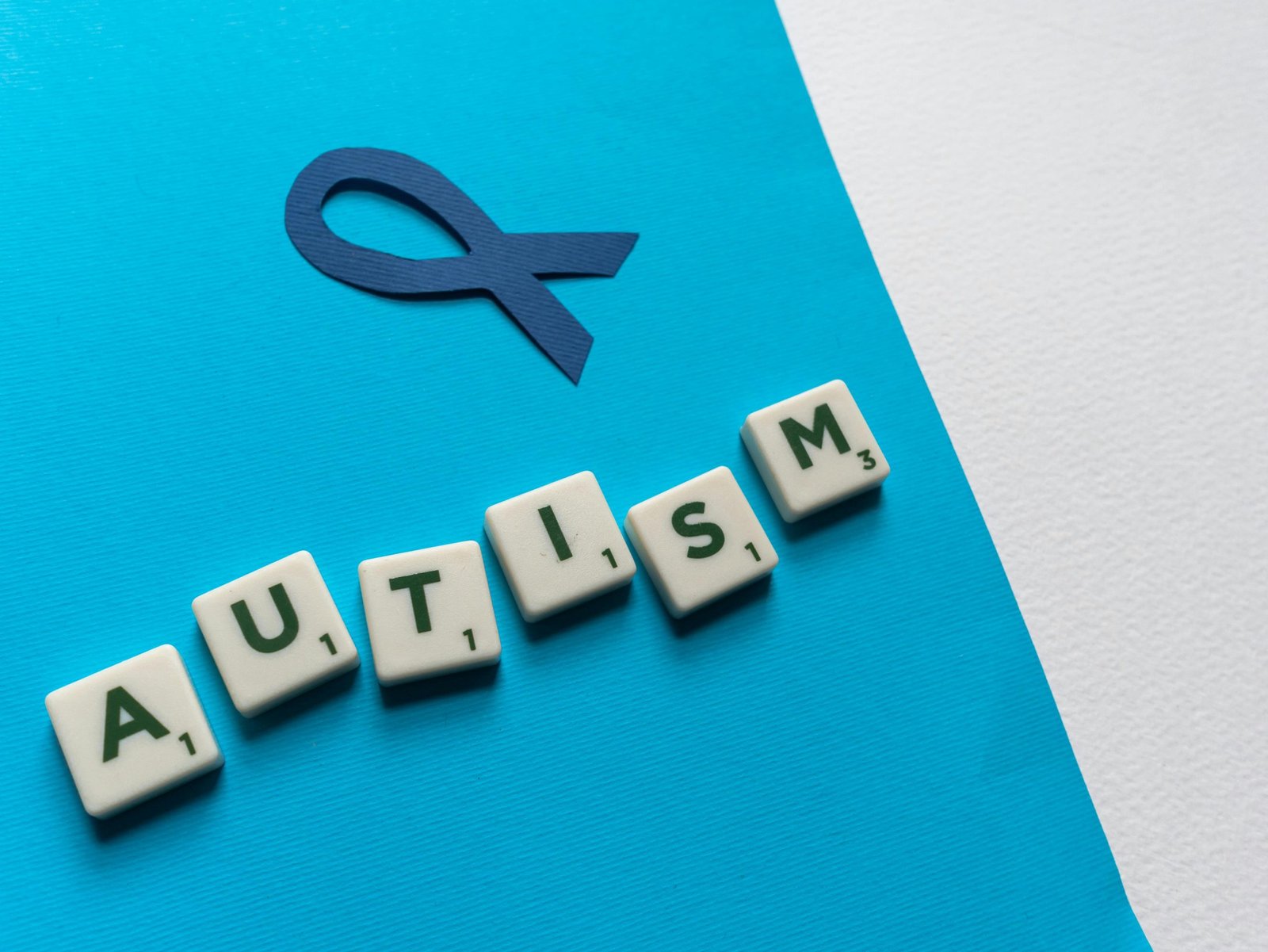Navigating Relationship Challenges
Making a marriage or long-term relationship successful takes a lot of work, and it can be even more challenging when one partner has autism spectrum disorder (ASD). ASD makes emotional connections and social communication extremely difficult, often leading to stress, misunderstandings, and frustration in the relationship.
Understanding Autism Spectrum Disorder
Symptoms and Characteristics
Sensory Sensitivities: Sensory issues are common in ASD. Individuals might be overly sensitive to sounds, lights, textures, or other sensory inputs.
Social Communication Challenges: Individuals with ASD often have difficulty with social interactions. This can include challenges in making eye contact, understanding body language, and engaging in back-and-forth conversations.
Repetitive Behaviors: Many people with ASD exhibit repetitive behaviors or have specific routines and rituals. This can include repetitive movements, strict adherence to routines, and intense focus on particular interests.
Causes and Risk Factors
The exact cause of ASD is not known, but it is believed to involve a combination of genetic and environmental factors. Research suggests that certain genetic mutations and prenatal environmental exposures may increase the risk of developing ASD.
Diagnosis
ASD is typically diagnosed in early childhood, although it can be identified at any age. Diagnosis involves a comprehensive evaluation by healthcare professionals, including developmental screenings and assessments of behavior and communication.
Increased Awareness and Diagnosis
With a greater awareness of autism spectrum disorder today, diagnoses have become more common. According to Autism Speaks, 1 in 36 children and 1 in 45 adults are diagnosed with ASD, with males being four times more likely to receive a diagnosis than females. This increased awareness helps in understanding the various manifestations of ASD.
The Impact of ASD on Social Interactions
ASD can manifest in numerous ways, with some individuals experiencing severe impairments in language development and social relations. Individuals with ASD often find it difficult to interpret social cues such as body language, facial expressions, and tone of voice.
Those with classic autism might face significant challenges in these areas, further complicating their ability to form and maintain relationships.
Strategies for Managing Relationships
- Open Communication: Ensure clear and honest communication to avoid misunderstandings. It’s important for both partners to express their needs and feelings openly.
- Seek Professional Help: Therapy and counseling can provide strategies and support for managing the unique challenges that ASD presents in relationships.
- Educate Yourself: Understanding ASD can help in developing empathy and patience, making it easier to navigate the relationship.
- Set Realistic Expectations: Recognize and accept the limitations that ASD may bring, and adjust your expectations accordingly.
- Focus on Strengths: Emphasize the positive aspects of your relationship and the unique strengths that each partner brings.
Building a Supportive Environment
Creating a supportive environment is crucial. This includes building a network of friends, family, and professionals who understand and can provide assistance. Regularly engaging in activities that both partners enjoy can also strengthen the relationship.
Dealing with ASD in a relationship requires patience, understanding, and effort from both partners. By focusing on clear communication, seeking professional help, and educating oneself about ASD, couples can work towards a successful and fulfilling relationship despite the challenges.
